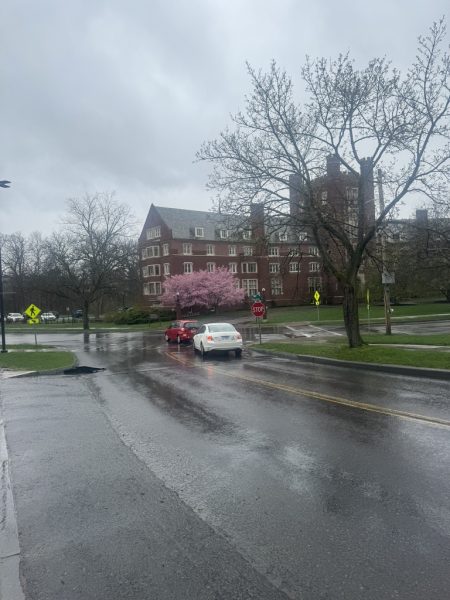The continued erosion of Hong Kong’s freedom
Hong Kong’s pro-democracy movement has faced increased struggle from a frenzy of repressive and controlling policies and actions caused by China’s growing insecurity with its control over Hong Kong.
Recently, nine of the foremost members of the pro-democracy movement in Hong Kong were sentenced up to 18 months in prison for their involvement in the 2019 protests. This is the most detrimental and far-reaching use of the National Security Law passed by Beijing in June 2020 and has the potential to severely cripple or neutralize the democracy movement that gained a prominent foothold during the past few decades.
The crackdown on the pro-democracy movement started in early January, coinciding with the capitol riots in the US, and involved the mass arrest of those participating in the protest. It also took down those integral in the July 2020 Primary elections meant to maximize chances for pro-democracy leaders on the legislative council of Hong Kong.
The mass arrests and subsequent convictions have all been under the authority of the Security Act passed by Beijing in 2020 that criminalized subversion, defined as undermining the power or authority of the central government, amongst acts of terrorism or collusion with foreign forces.
Another recent measure was the newly enacted Patriot Act for electoral reform. As a result of the act, the number of directly elected members of the Legislative Council dropped from 35 to 20, severely diluting the power of pro-democracy candidates as the number of seats for historically pro-Beijing members and parties increased. On top of the number restriction, the candidates will also undergo a vetting process that can separate any anti-Beijing candidates, preventing them from reaching a place of prominence within the system.
Not only has the law been warped to manifest the encroaching control of China on Hong Kong, but so has the education. A new “National Security Day” included mandated events like singing the Chinese national anthem and raising flags. It also involved police displaying anti-terrorism exercises, professional drills, and other direct shows of force. Identifying the insufficiently patriotic youth as one of the reasons for instability, Beijing hopes to establish more patriotism at a young age and mitigate the democratic fervor from 2019.
Beijing continues to erode Hong Kong’s rights and democratic institutions, the international community continually criticizing China for its stance toward human rights, including freedom of press, speech, and protest that were all promised under the “one country, two systems” policy. The current state of events leaves Hong Kong in a precarious position, impeded by restrictions on all fronts.







